The European Union is looking at introducing Key Performance Indicators (KPIs) to measure how successful implementation of the Common Agricultural Policy post-2020 will be.
This is part of the Commissioner for Agriculture’s plan to simplify the CAP. It will allow the Commission to justify expenditure to EU taxpayers, while giving member states more autonomy in the implementation of CAP measures.
“We want to reduce the rules, reduce the compliance costs, make it a more flexible approach. But of course remember the taxpayers have to be assured that their money is spent well, so there will be key indicators so that we can measure what we are doing in terms of performance,” Commissioner for Agriculture Phil Hogan told the Irish Farmers Journal at an event in Kilkenny on Friday.
He added that there has been a very positive response so far in giving member states more flexibility. However, “we have to take account of all the international agreements we made as well over the last couple of years. Farmers need to be seen as part of the solution and not be blamed as part of the problem.”
Irish farmers and Minister for Agriculture Michael Creed are expected to come together during the consultation process to find a plan that will work for Ireland post-2020.
Budget
With the UK leaving the EU, questions have been raised over the size of the CAP budget post-Brexit. Hogan has called on member states to make it clear how they want to avoid a drop-off in farm payments.
“Obviously, agriculture is always under pressure because it is the largest budget. But member states make that decision, so Ireland has already nailed its colours to the mast. They’ve looked for increased contribution from all member states into the overall budget. If that happens I think we will be in a position to fight for a well-funded CAP.”
Read more
Doyle to draw first CAP fire
The European Union is looking at introducing Key Performance Indicators (KPIs) to measure how successful implementation of the Common Agricultural Policy post-2020 will be.
This is part of the Commissioner for Agriculture’s plan to simplify the CAP. It will allow the Commission to justify expenditure to EU taxpayers, while giving member states more autonomy in the implementation of CAP measures.
“We want to reduce the rules, reduce the compliance costs, make it a more flexible approach. But of course remember the taxpayers have to be assured that their money is spent well, so there will be key indicators so that we can measure what we are doing in terms of performance,” Commissioner for Agriculture Phil Hogan told the Irish Farmers Journal at an event in Kilkenny on Friday.
He added that there has been a very positive response so far in giving member states more flexibility. However, “we have to take account of all the international agreements we made as well over the last couple of years. Farmers need to be seen as part of the solution and not be blamed as part of the problem.”
Irish farmers and Minister for Agriculture Michael Creed are expected to come together during the consultation process to find a plan that will work for Ireland post-2020.
Budget
With the UK leaving the EU, questions have been raised over the size of the CAP budget post-Brexit. Hogan has called on member states to make it clear how they want to avoid a drop-off in farm payments.
“Obviously, agriculture is always under pressure because it is the largest budget. But member states make that decision, so Ireland has already nailed its colours to the mast. They’ve looked for increased contribution from all member states into the overall budget. If that happens I think we will be in a position to fight for a well-funded CAP.”
Read more
Doyle to draw first CAP fire




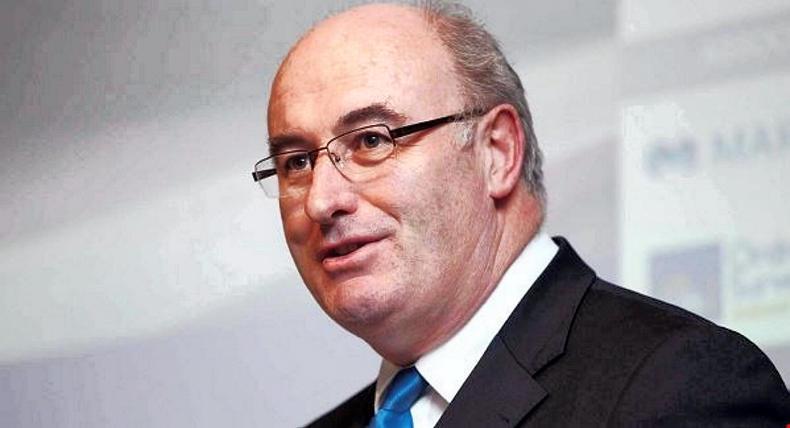
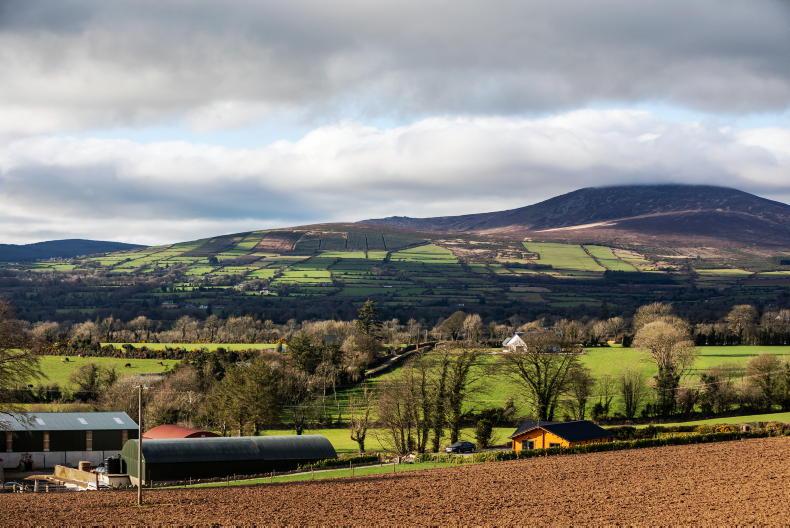

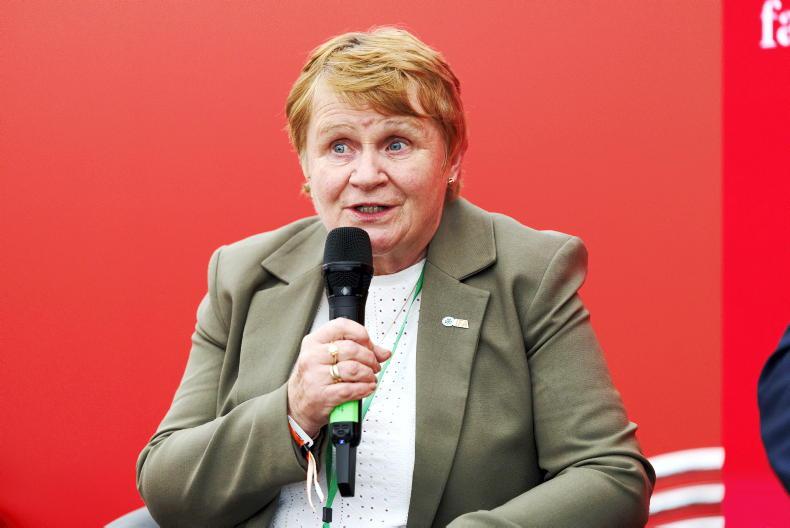
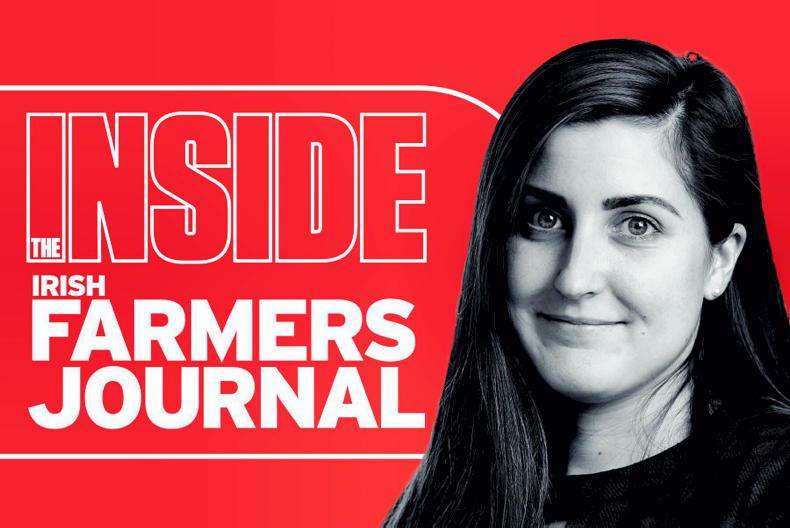
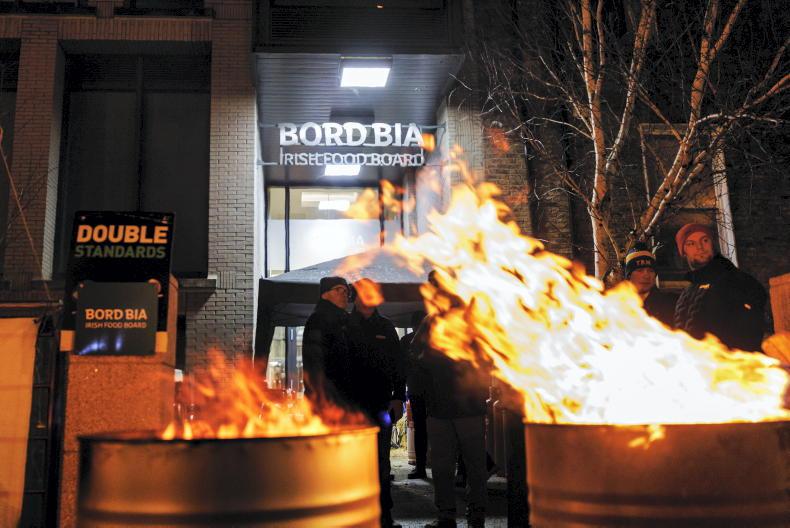
SHARING OPTIONS